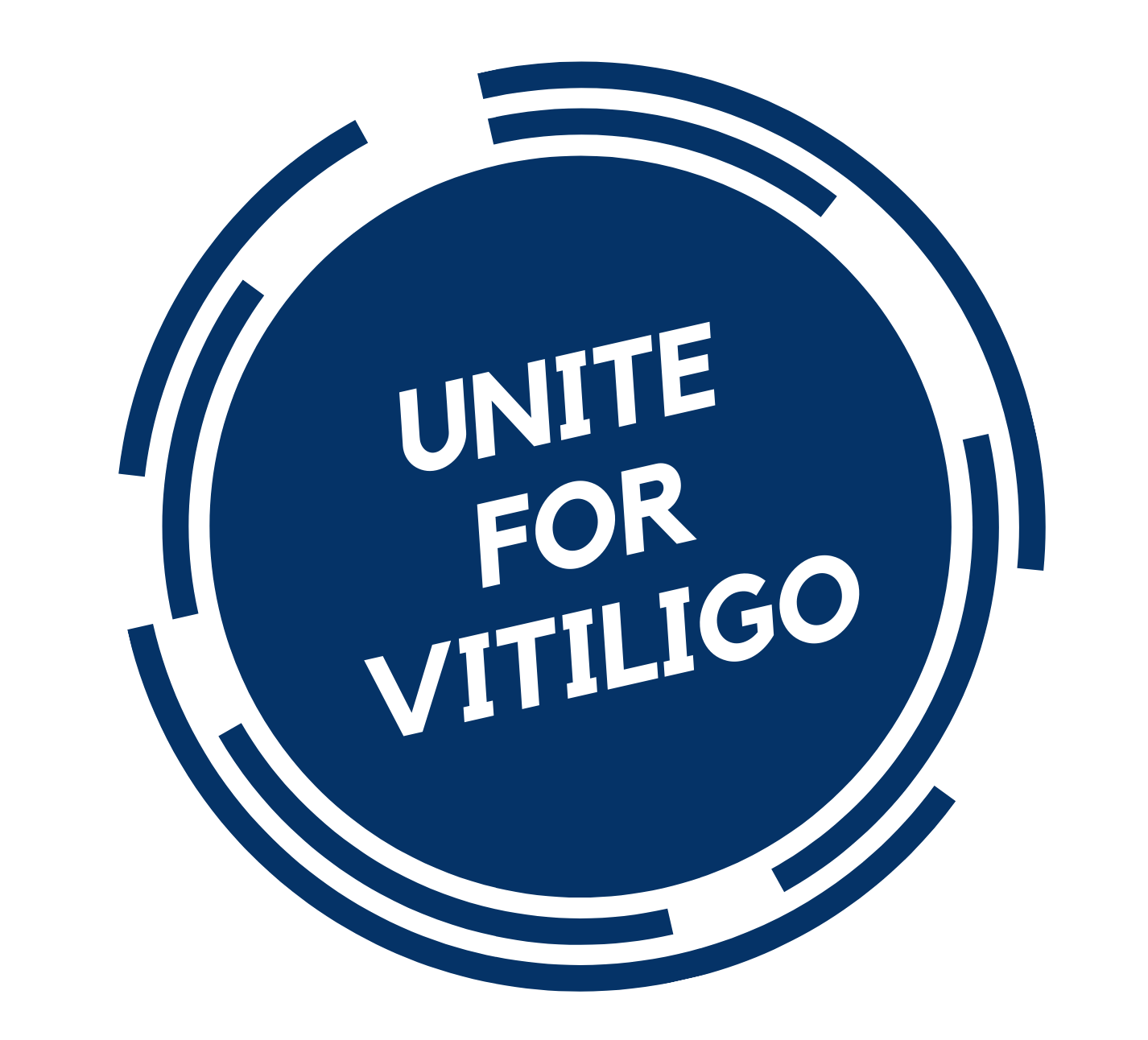Recent findings from a phase 2b clinical trial presented at the American Academy of Dermatology (AAD) 2024 Annual Meeting revealed that upadacitinib, an oral selective JAK inhibitor, may offer significant benefits to patients with non-segmental vitiligo (NSV). This once-daily medication showed clinically meaningful reductions in both facial and total vitiligo severity compared to placebo over 52 weeks, offering a promising systemic therapy option for extensive cases of NSV.
In the trial, patients receiving a daily dose of 22 mg upadacitinib demonstrated substantial improvements by week 24, with a 20.7% reduction in total vitiligo severity per the Vitiligo Area Severity Index (T-VASI), compared to a 6.4% reduction in the placebo group. By week 52, the 22 mg group reported a mean improvement of 60.8% in facial vitiligo (F-VASI) and 44.4% in total vitiligo. Notably, even at an 11 mg daily dose, upadacitinib showed strong efficacy, achieving 64.9% improvement in F-VASI and 44.7% in T-VASI at the same time point.
The trial findings underscore upadacitinib’s dose-dependent efficacy, with no new safety concerns noted. This positions it as a potential alternative for patients with extensive vitiligo, particularly those for whom topical treatments like ruxolitinib cream—which is effective for localized vitiligo—are impractical.
Dr. Thierry Passeron, a lead investigator and dermatologist from Cote d’Azur University, emphasized the value of upadacitinib as a systemic treatment option, especially for patients with more than 5% body surface area affected by vitiligo. He noted that the oral therapy could help manage the rapid depigmentation often seen in active forms of the condition, potentially halting disease progression as well as promoting repigmentation.
Future studies, including an upcoming phase 3 trial examining a 15 mg dose, are set to further assess the efficacy and safety of upadacitinib for NSV. The potential to provide a sustainable treatment option for widespread vitiligo could offer new hope to patients, with the possibility of both slowing disease progression and restoring skin color over time.
Disclaimer: This write-up is based on results from clinical trials. Unite for Vitiligo does not endorse any oral treatment without consultation with a medical expert or doctor.

